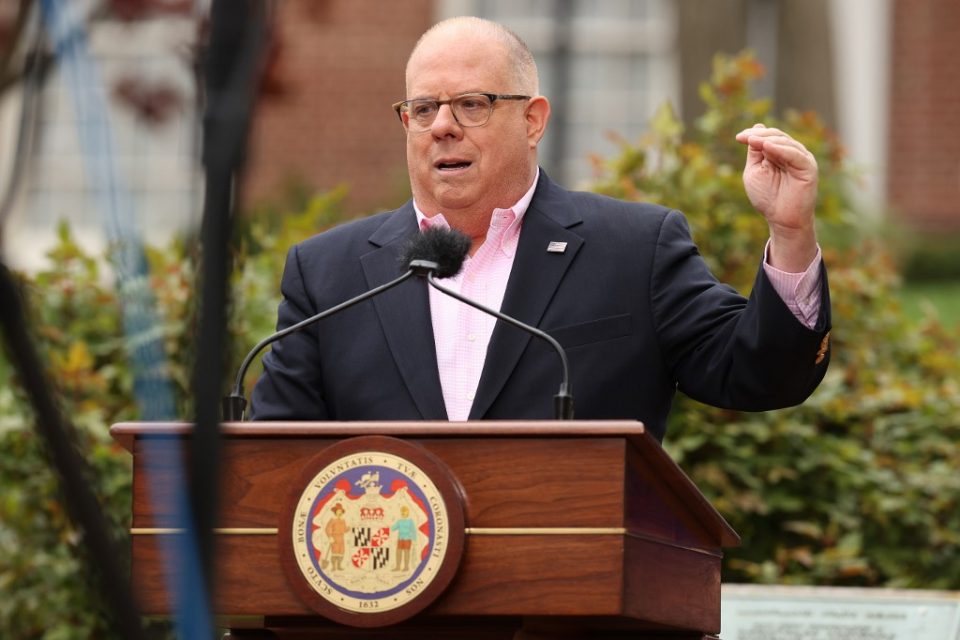
WASHINGTON, United States (AFP) — The US state of Maryland has received 500,000 coronavirus tests ordered from South Korea, a shipment Governor Larry Hogan said would be “game-changing” to efforts to implement widespread testing.
“It enables us to identify those who are sick and those who have the virus and it can help us isolate them and do our contact tracing,” Hogan told a press conference in the state capital Annapolis.
The $9 million purchase would be “an exponential, game-changing step forward on our largescale testing initiative,” Hogan said.
The governor said the tests were bought from a company called LabGenomics, and a Korean Airlines plane arrived at Baltimore-Washington airport on Saturday with the shipment.
Hogan credited his wife, Yumi, who is of South Korean origin, with helping to negotiate the purchase.
The administration of US President Donald Trump has said there are enough tests for each state to move in to “phase one”, ending some stay-at-home restrictions.
But Hogan and several other US governors have complained about a lack of testing capacity that would allow them to safely begin reopening their states.
Hogan said more than 71,400 tests have been conducted in Maryland, which has a population of six million, and there have been 13,684 confirmed cases of COVID-19 and 516 deaths.
Speaking to CNN on Sunday, he said the shortage of testing was the leading problem in the United States.
“The administration, I think, is trying to ramp up testing,” he said. “They are doing some things with respect to private labs.
“But to try and push this off to say that the governors have plenty of testing and they should just get to work on testing — somehow we aren’t doing our job — is just absolutely false,” he said.
While Trump in recent days has appeared to back demonstrators protesting against lockdown measures, Hogan and other governors have warned about opening up too soon and risking another wave of infections.
The Maryland governor said he would unveil a “roadmap to recovery” for the eastern state later this week.
© Agence France-Presse







